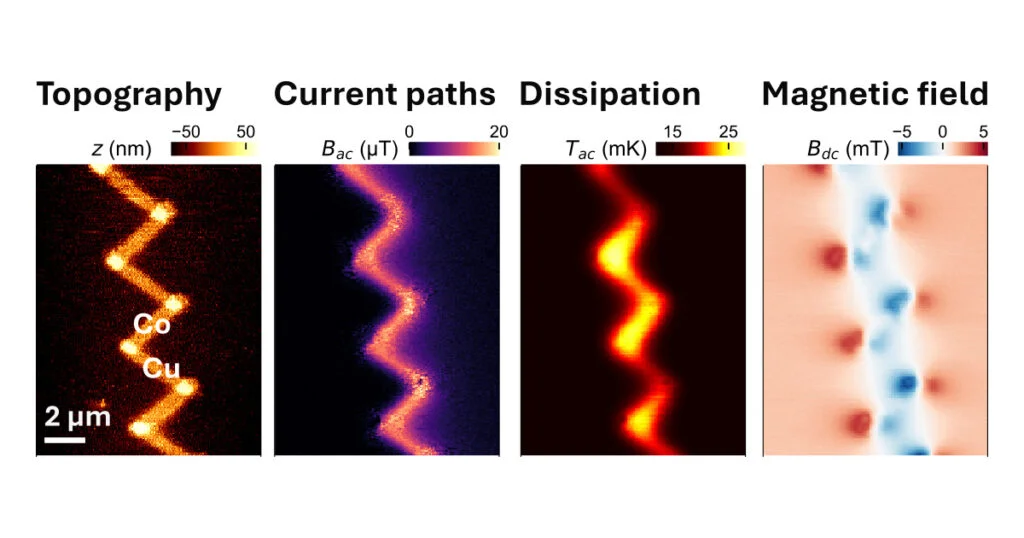Insider Brief
- SAP CEO Christian Klein challenges skepticism about quantum computing’s readiness, emphasizing its near-term potential for solving complex problems like supply-chain management.
- Klein highlights quantum’s ability to transform week-long supply-chain simulations into hour-long tasks, unlocking efficiencies and enhancing decision-making speed.
- SAP’s quantum focus complements its AI-driven innovation strategy, aligning with broader industry efforts to integrate advanced technologies into enterprise solutions.
The debate over quantum computing’s readiness escalated as SAP CEO Christian Klein challenged recent skepticism from some of business and industry’s biggest leaders, who predicted the technology’s significant impact within three to four years.
In an interview with Investor’s Business Daily (IBD), Klein countered the assertions that quantum computing is 15 to 30 years away from being “very useful.” Instead, he emphasized quantum’s near-term potential, particularly in solving complex problems like supply-chain management.
Quantum for Supply Chains
SAP, a leading enterprise software company, provides tools for critical operations like supply chains, sales, and human resources. The company is exploring quantum computing applications in enterprise software, though Klein declined to identify SAP’s quantum partners.

“A supply chain is an unbelievably complex construct,” Klein said, as reported in the IBD. “You have millions of suppliers and to really calculate the right logistics, to really calculate which supplier can deliver best when, to really say which factory should you produce, to deliver on time — these are unbelievable, complex scenarios.”
Klein added that quantum computing could unlock new efficiencies in managing such complexities. For example, quantum algorithms may transform week-long simulations into tasks completed in an hour, significantly improving decision-making speed.
“There is a door which is opening with quantum computing,” Klein told IBD “We see this absolutely.”
Contrasting Timelines
Earlier statements made by NVIDIA’s CEO Jensen Huang and Meta’s CEO Mark Zuckerberg reflect debates on ongoing technical challenges in quantum computing, including hardware stability and error correction, as well as the timeline for when these hurdles can be surmounted. Because quantum systems rely on qubits, which are probabilistic states that are highly sensitive to environmental interference, critics argue that achieving reliable, scalable quantum systems remains a distant goal.
In contrast, Klein’s more optimistic picture sees that advances could lead to more immediate advantages in in supply-chain simulations.
“There are a lot of things coming together,” he said. “But time-wise, we can definitely believe that simulations you would run today in a week, you can probably bring down to an hour. Give this technology a few more years, probably we will talk hours or minutes at a certain point of time.”
Meanwhile, critics caution that hype around quantum computing may obscure significant barriers, such as hardware scalability and error rates. For businesses, the challenge lies in balancing near-term investments with long-term uncertainty.
AI as a Core Driver
SAP’s focus on quantum computing aligns with its broader innovation strategy, which includes a strong push into artificial intelligence.
While quantum technology garners attention, artificial intelligence continues to dominate the tech landscape, with companies like SAP racing to integrate AI into enterprise solutions.
SAP joins enterprise software giants like Oracle, Salesforce, and Microsoft in developing AI tools tailored for business needs. This trend underscores how companies are leveraging advanced technologies to maintain competitive advantages in rapidly evolving markets.
“AI was always, for us, a key value driver for all of our solutions and for the platform,” Klein told IBD.













.jpg)

